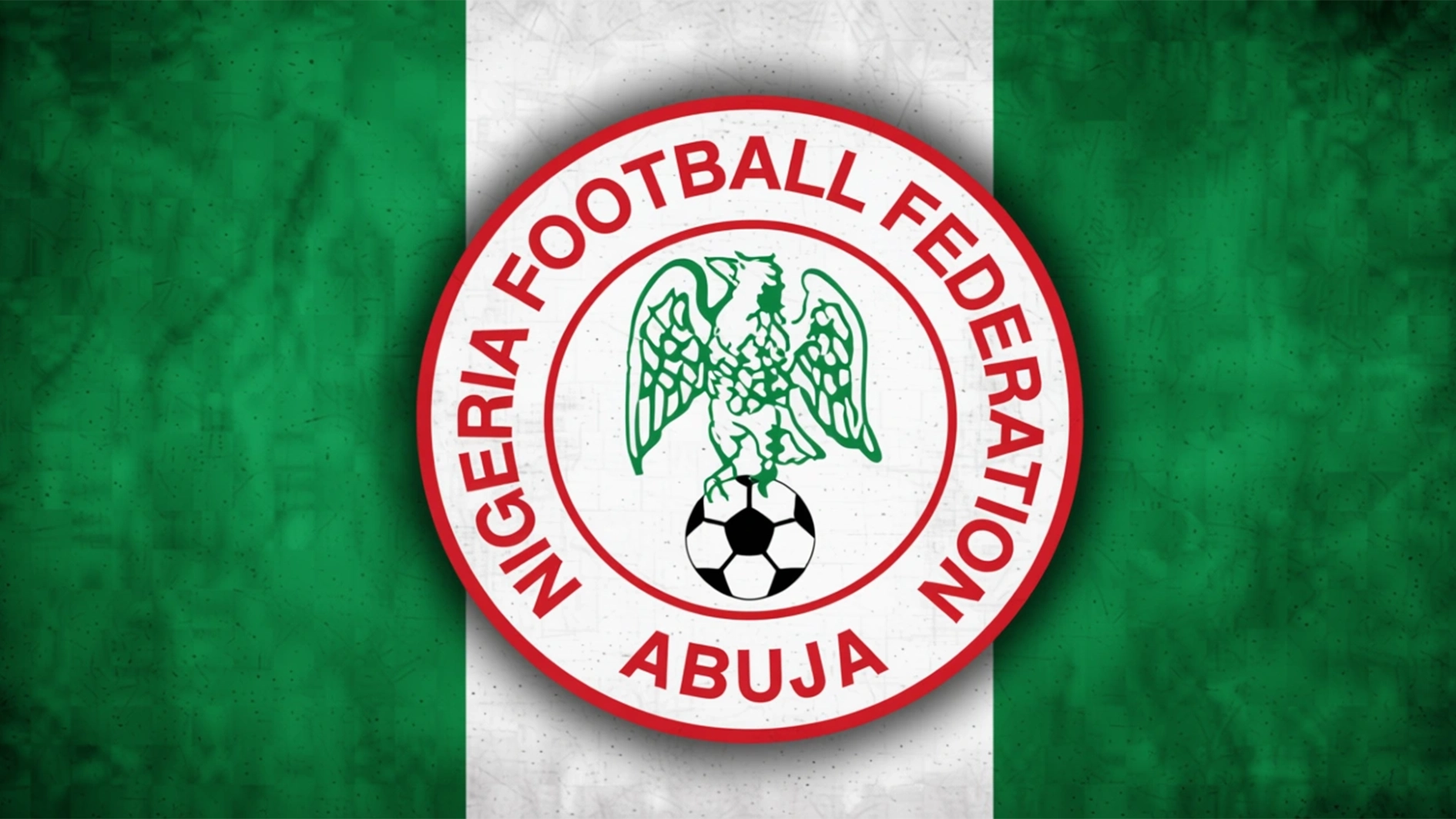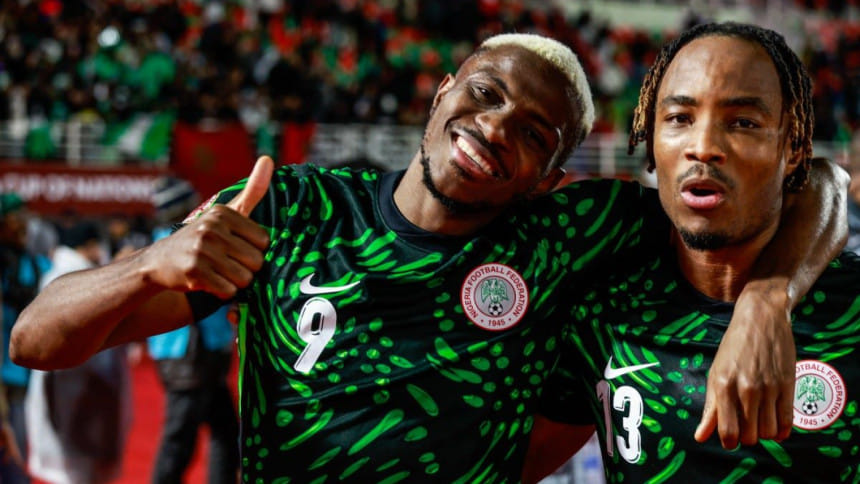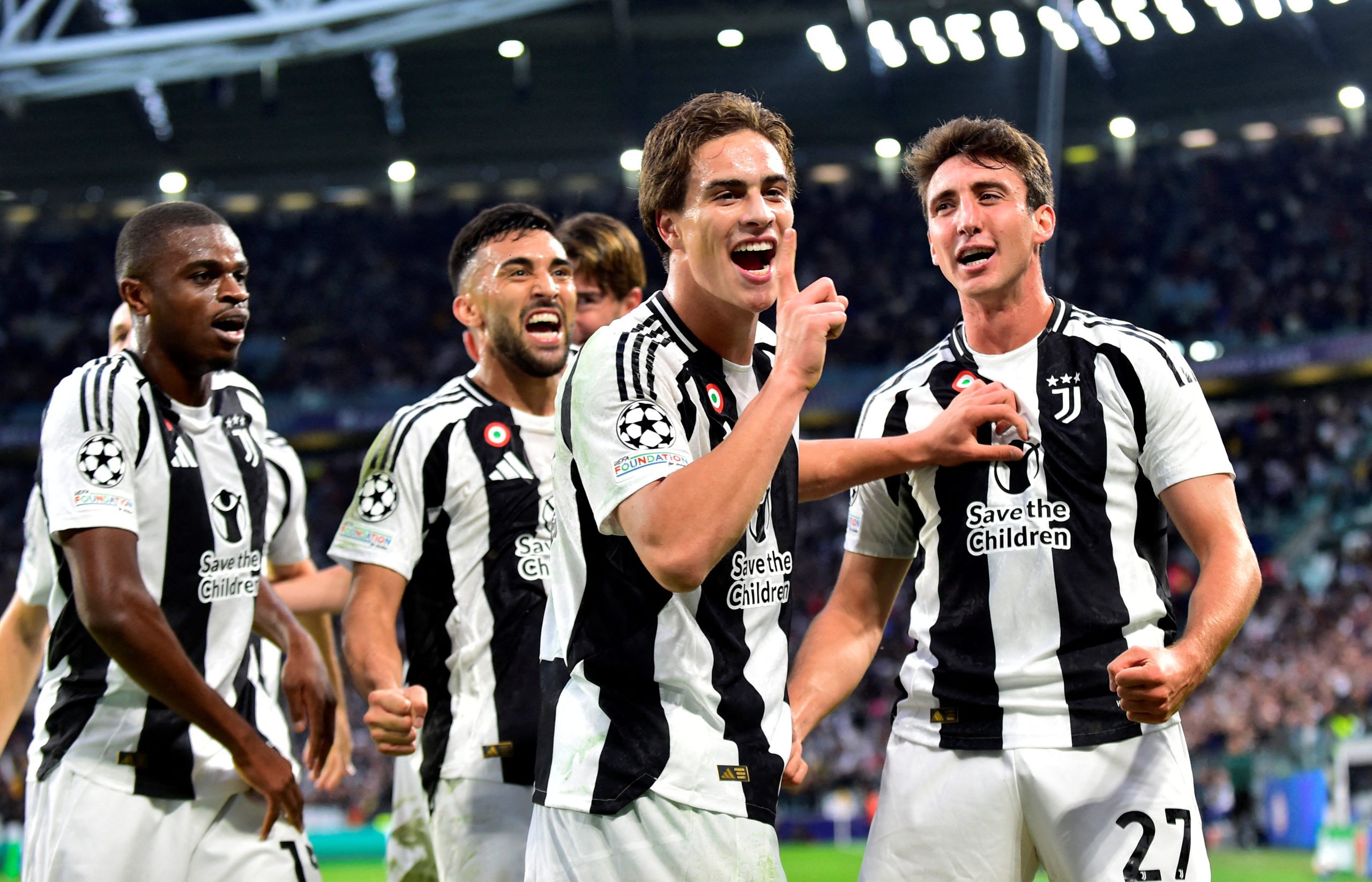Some of the greatest footballers in the history of football are either excellent dribblers, or deadly goal scorers. Their list is long and very special: Pele, Maradona, Haruna Ilerika, Rashidi Yekini, Zenedine Zidanne, Christiano Ronaldo, Lionel Messi, Lamine Yamal, Ousmane Dembele, Kylliane Mbape, ‘Jay Jay’ Okocha, Nwankwo Kanu, Abedi Pele, Kalusha Bwalya, Ahmed Musa, Victor Osimhen, and so on.
What separates these greats from the rest is their ability to do special things with the ball at their feet that others would struggle with.
They can control the ball and dribble with it with better efficiency and constancy.
In the process of this artistic expression they go past opponents and create more chances to score goals either for their team mates or for themselves.
In short, dribbling is paramount in the breeding of exceptionally gifted football players. The easier players can control the ball, shield it from opposing players, dribble past opponents, and then pass or shoot at goal, the more special they are, irrespective of where on the field that they play.
Dribbling is an art form and a supreme asset to have for players. It is done with close control of the ball, clever shuffling of the feet, feinting body movements, accelerating and racing past an opponent, and so on.
Each of the greatest footballers I listed earlier had one or more of these attributes.
Historically, in this part of the world, the art of dribbling became engrained in West African football culture through the influence of Sir Stanley Mathews who played for England in the 1950s and 1960s, and toured some African countries teaching the art form to footballers and coaches. It changed Nigerian football, becoming an integral part of the country’s football culture, one that became naturally cultivated in the small-sided games played on the streets of Nigeria.
When a Jay Jay would eventually go to Europe to play without the tactical and technical knowledge of a European player, what he took with him to his first German Club as an 18 year old player, were skills the German players did not have – clever mesmerizing dribbling! He did not know tactics or strategy.
Those came with time in Europe!
Nwankwo Kanu, like ‘Jay Jay’ had uncanny skills of expression on the ball. Ahmed Amusa, Tijani Babangida, Finidi George, all had superb dribbling skills of taking on defenders and racing past them.
The same thing happened to the army of African footballers that moved abroad to play in European leagues through the decades from the early 1990s. They took with them that skill of expressiveness on the ball, plus the physicality of speed and power, to compliment what Europe had in abundance – team tactics, organisation, players’ movement off and on the ball, and so on.
Nigerian players were very ‘hot’ for the European football market because of what they brought to the table – the dribble, athleticism, speed and power. Now, one of the most important ingredients has diminished badly.
Last Sunday, I was at the MKO Abiola Sports Arena in Abeokuta, part of my Sports Ambassadorial role in Ogun State, to watch the African Club Championship match between Nigeria’s current league Champions, Remo Stars FC of Ikenne, and their South African counterparts, Mamelodi Sundowns FC.
No match has ever revealed the current state and standard of Nigerian football better than that match.
It may be a record of some sort, but I cannot recall any Nigerian club side ever losing a continental club match at home by as many goals as Remo Stars FC did last Sunday. They conceded 5 goals and scored only one. At the end, rather than bemoan the humiliating loss, we all left the stadium acknowledging the superiority of the South Africans and accepting the depths to which domestic Nigerian football had fallen.
All the evidence was in that single match between the two biggest teams in Nigeria and South Africa!
I sat with the most powerful persons in Nigerian sports – the President of the Nigeria Football Federation, the Chairman of the National Sports commission, and his Director-General. The only person missing was the Chairman of the League Management Board.
We all acknowledged the yawning gap between the two teams as reflected in the humiliating final scoreline. The two teams do not belong to the same planet, right now!
Since that match, in several media, I have read many, very good reviews and opinions on what went wrong. I listened to the owner of Remo Stars FC, Otunba Kunle Soname’s very insightful exposition of the disparity between the football business in Nigeria and South Africa, and why Nigerian clubs can not compete at the current level of football in Africa for many reasons that he listed. Some other countries like South Africa and the North Africans have overtaken Nigeria.
If Remo Stars FC are Nigeria’s current pin-up club, a model of modern club football management (run without government interference), what then needs to be done to change the tide?
Why is the Remo Stars FC model not yielding the right dividends in player-development?
That ‘jaw jawing’ by so-called experts straddling the corridors of Nigerian football administration will surely now continue, and will not produce or provide the answers until some fundamental issues are understood and dealt with.
One is the restructuring of the administration of football in Nigeria. This is a seminal conversation that should clearly and fearlessly address the issue of who the genuine stakeholders are to be responsible for the development of football in Nigeria. For now it is generally NOT in the right hands.
So, back to the football match.
In that single match, myths were shattered and reality was revealed. Nigeria may have the biggest leagues in the continent, but they are far from being the best. Players from the domestic leagues are just not good enough for the Super Eagles, period!
The coaching at grassroots level is very, very, very poor. It is not well understood and the prescriptions are wrong. Yet, that is the foundation of Nigerian football players where they are imbibed with the culture of expressiveness in football, the dribbling skills I wrote about earlier, an art that separates the best from the rest, a basic ingredient that is missing in the streets and in the sprawling academies all over the country. Unfortunately, most of these academies are established NOT for the purpose of grooming exceptionally gifted talents to maturity, but to sell sprouting seeds of footballers without firm roots entrenched by Nigeria’s football traditions as found in the streets.
Last Sunday, the match in Abeokuta was the easiest the South Africans must have played in their history against a Nigerian side. They strolled through it like a training session. The Nigerian team was no match. The players were no match too.
Admittedly, seven of the players in the South African team are in the current squad of Bafana Bafana, the national team of South Africa that the Super Eagles could not defeat during their last World Cup qualifier encounter. The team had two Brazilians manning and controlling the midfield. The goalkeeper is the captain of the national team. The average player in the South African team earns five to 10 times what Nigeria’s highest paid players in the league earn. And so on and so forth. Everything was weighted against Remo Stars FC.
Yet, the truth is that domestic Nigerian football is not doing well at all. It may have slightly better organised leagues than some years ago, but the football being played cannot produce exceptional players for many good reasons, including the uncontrolled flood of migrating players to the rest of the world from the league year-in, year-out.
Beyond that, however, is the production line of the players that is most important. We are not producing exceptionally gifted players again – those that can do things with the ball! Only one player in the Remo Stars team stood out, and he is not even a Nigerian. He is from Liberia. The other players in Nigeria’s current best team, were, individually, just not good enough!
One area where everything has gone wrong is coaching. Coaches now de-emphasize the art of dribbling and, instead, work for foreign scouts looking for particular kinds of players. Coaches now emphasize the passing game and sacrifice that which makes Nigerian football players uniquely special.
It may be that simple.
We must return our attention to football coaching at the grassroots, on the streets, and in the schools, and get games masters and specialized coaches to resume teaching the children basic dribbling and scoring skills. These are natural to us and are ingredients to make us the best in the world. My two pence!






